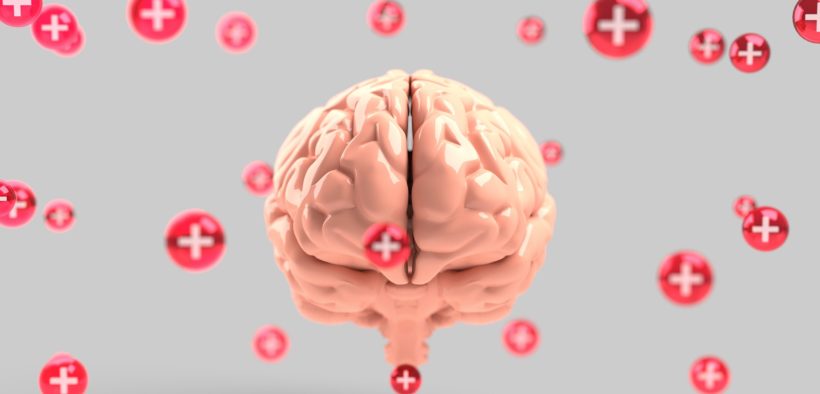Adverse Childhood Affects 51 Percent Of Children With Voiding Dysfunction: Study

About 51 percent of children with Voiding Dysfunction have adverse childhood experience, says a study published in a PubMed journal.
The mental health of children is closely related to their physical well-being. Adverse childhood experiences such as neglect, abuse, divorce, adoption, multiple family relocations, incarceration of a parent, affects the mental as well as physical health of the children.
Dr Shandip Kumar Sinha, Senior Consultant in pediatric surgery division at Madhukar Rainbow Children Hospital, Delhi said: “Voiding dysfunction occurs due to poor coordination between bladder muscles and urethra. We see at least 10 such cases every month at our OPD. Children with voiding dysfunction do not empty their bladder normally and frequently develop urinary tract infections. Till today, the exact cause of voiding dysfunction is not known. However, adverse childhood experiences and neuropsychiatric disorders increase the risk of developing voiding dysfunction.”
Studies have also shown that children with Attention Deficit Hyperactivity Disorder have a higher incidence of voiding disorders. The condition is often accompanied by constipation and bowel episodes. Some other symptoms of the condition may include painful urination, frequent urge to pee, blood in urine, severe urge to pee, and pain in the back, Dr Sinha said.
Based on the symptoms, voiding dysfunction can be of three main types: overactive bladder, dysfunctional voiding and underactive bladder.
Dr Raman Kumar President of the Academy of Family Physicians of India said: “Children with overactive bladder develop a sense of urgency to empty bladder even when it’s not even full. They take more that 10 loo breaks in the day or hourly loo break in the day time. Around 22% of children between ages 5-7 years suffer from overactive bladder.
Dysfunctional Voiding Affects Kidney:
In dysfunctional voiding, the sphincter muscles do not relax completely and the bladder is never completely empty. It results in a sense of bladder fullness all the time along with other symptoms like daytime wetting, nocturnal wetting, urgency etc. Severe cases of dysfunctional voiding is at higher risk of kidney disease, informed Dr Kumar.
“Management of the voiding dysfunction depends entirely on the type of dysfunction. Timely management is key to successful management. Overactive bladder can be treated by putting children on a loo break schedule. They are encouraged to take bathroom breaks every 2 -3 hours before the sense of urgency develops. The underactive bladder is managed through behavioral techniques, said the doctor.
When diagnosed accurately, any type of voiding dysfunction is treatable. Children should never be punished or made fun of for bed wetting. It is a condition out of their control and irresponsible behaviors of elders can have an ill effect on child’s psychology who is already going through tough times due to condition, says Dr Amit Agarwal, Pediatric Nephrologist based in Delhi.

















